Many people often confuse Umbanda and Voodoo, assuming they are the same due to their African roots and syncretic nature. However, while both are rich spiritual traditions with some similarities, they are distinct in many ways. This article explores whether Umbanda is Voodoo, highlighting their unique characteristics and connections.
What is Umbanda?
Umbanda is an Afro-Brazilian religion that emerged in the early 20th century in Brazil. It is a syncretic religion, blending elements of African traditions, Catholicism, Spiritism, and Indigenous beliefs. Umbanda emphasizes harmony, healing, and the worship of spirits known as Orixás, who are intermediaries between humans and the divine.
Core Beliefs and Practices:
- Orixás: These are powerful spirits or deities derived from African Yoruba traditions. Each Orixá has specific attributes and governs different aspects of life.
- Spiritism: Influenced by the teachings of Allan Kardec, Umbanda incorporates communication with spirits, including ancestors and other entities, for guidance and healing.
- Rituals and Ceremonies: Umbanda ceremonies involve drumming, singing, dancing, and offerings to the Orixás. These rituals aim to invoke and honor the spirits, seeking their blessings and assistance.
What is Voodoo?
Voodoo, also spelled Vodou, is a religion with roots in West African traditions, particularly from the Fon and Ewe peoples. It developed in Haiti during the 17th century, blending African spiritual practices with elements of Catholicism and Indigenous beliefs due to the influence of colonialism and slavery.
Core Beliefs and Practices:
- Lwa: Similar to the Orixás in Umbanda, Lwa are spirits or deities in Voodoo. They are honored and invoked during rituals to assist and protect practitioners.
- Ancestor Worship: An important aspect of Voodoo is the veneration of ancestors, believed to have a significant influence on the living.
- Rituals and Ceremonies: Voodoo ceremonies often involve drumming, singing, dancing, and the use of altars and offerings. Possession by the Lwa during these rituals is a common practice, where the spirits communicate directly with the participants.
Key Differences Between Umbanda and Voodoo
While Umbanda and Voodoo share some similarities, they are distinct religions with unique practices and beliefs.
- Geographical Origins:
- Umbanda: Originated in Brazil, incorporating elements of African, Indigenous, Catholic, and Spiritist traditions.
- Voodoo: Originated in Haiti, blending African spiritual practices with Catholicism and Indigenous beliefs.
- Spiritual Entities:
- Umbanda: Worships Orixás and incorporates Spiritism, involving communication with a wide range of spirits, including ancestors and entities.
- Voodoo: Focuses on Lwa and ancestor worship, with a strong emphasis on possession during rituals.
- Ritual Practices:
- Umbanda: Rituals involve drumming, singing, dancing, and offerings to Orixás, with a focus on harmony and healing.
- Voodoo: Ceremonies include drumming, singing, dancing, altars, offerings, and spirit possession, emphasizing direct communication with the Lwa.
Further Reading: For more detailed information about Umbanda, check out our article What Is Umbanda? 17 Fascinating Facts (+Bonus FAQs).
Common Misconceptions
The confusion between Umbanda and Voodoo often arises from their African roots and syncretic nature. However, it is essential to recognize their differences to appreciate the richness and diversity of each tradition.
- Misconception 1: Umbanda is the same as Voodoo because both involve spirit worship.
- Reality: While both religions involve spirit worship, the types of spirits, rituals, and beliefs are distinct. Learn more about the differences from an external source on Afro-Brazilian Religions.
- Misconception 2: Both Umbanda and Voodoo are forms of witchcraft or black magic.
- Reality: Umbanda and Voodoo are legitimate religions with rich spiritual practices focused on healing, harmony, and communication with the divine. For more insights, explore this comprehensive guide on Voodoo.
Connections and Cultural Exchange
Despite their differences, Umbanda and Voodoo share a common thread of African spiritual heritage. Both religions have evolved through cultural exchanges and adaptations, blending elements from different traditions to form unique spiritual practices.
- Cultural Resilience: Both Umbanda and Voodoo showcase the resilience of African spiritual traditions, adapting to new environments and influences while maintaining their core beliefs.
- Syncretism: The blending of African, Catholic, Indigenous, and Spiritist elements in both religions highlights the dynamic nature of syncretic spirituality.
Conclusion
Umbanda and Voodoo, though often confused, are distinct spiritual traditions with unique practices and beliefs. Understanding the differences between them enriches our appreciation of their cultural and spiritual significance. While Umbanda focuses on harmony, healing, and the worship of Orixás, Voodoo emphasizes direct communication with the Lwa through possession and ancestor worship.
Exploring these religions allows us to celebrate the diversity and depth of African spiritual heritage, recognizing the importance of cultural exchange and adaptation in shaping our spiritual landscapes.
Related Reading: For more insights into spiritual practices, explore our other posts:
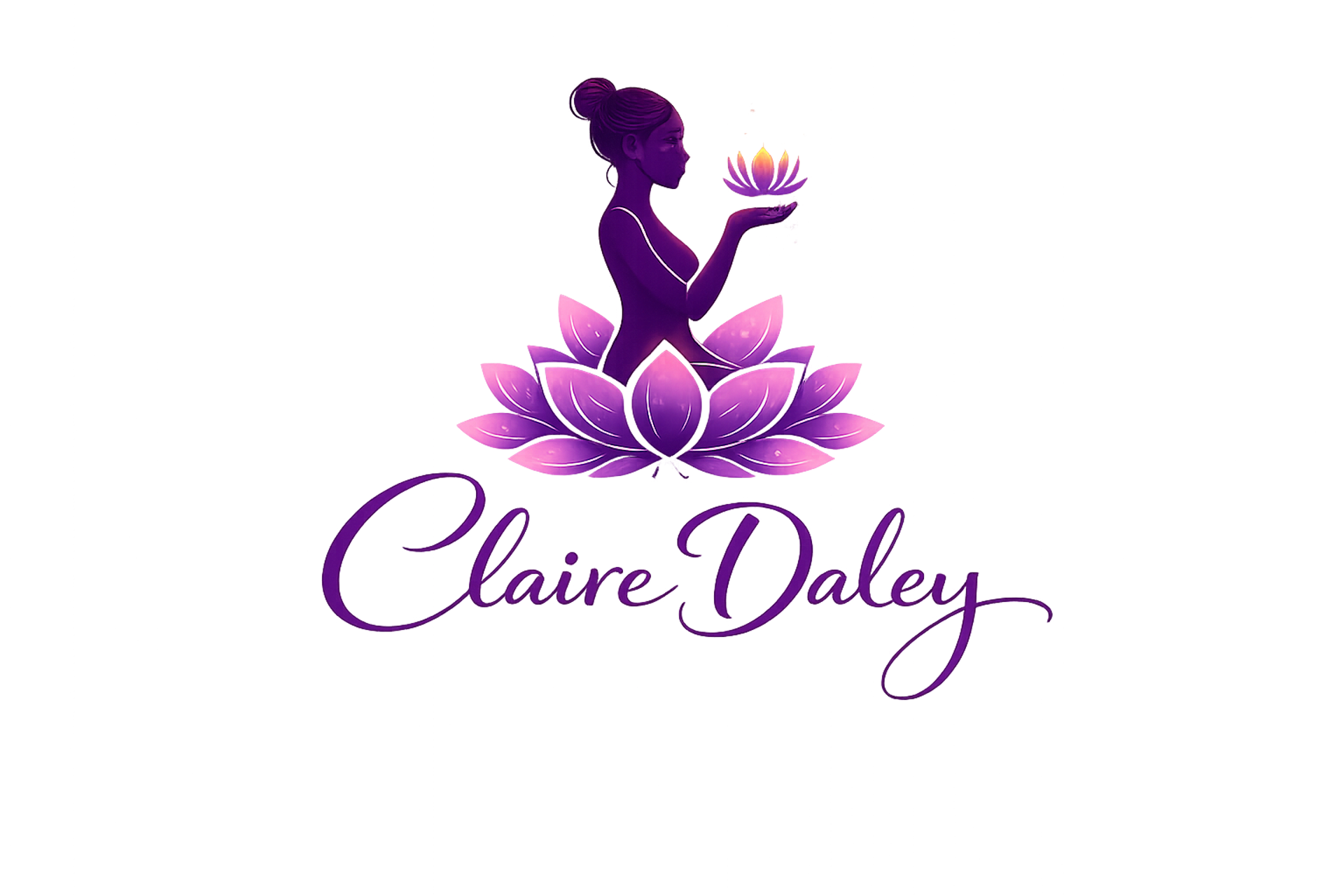
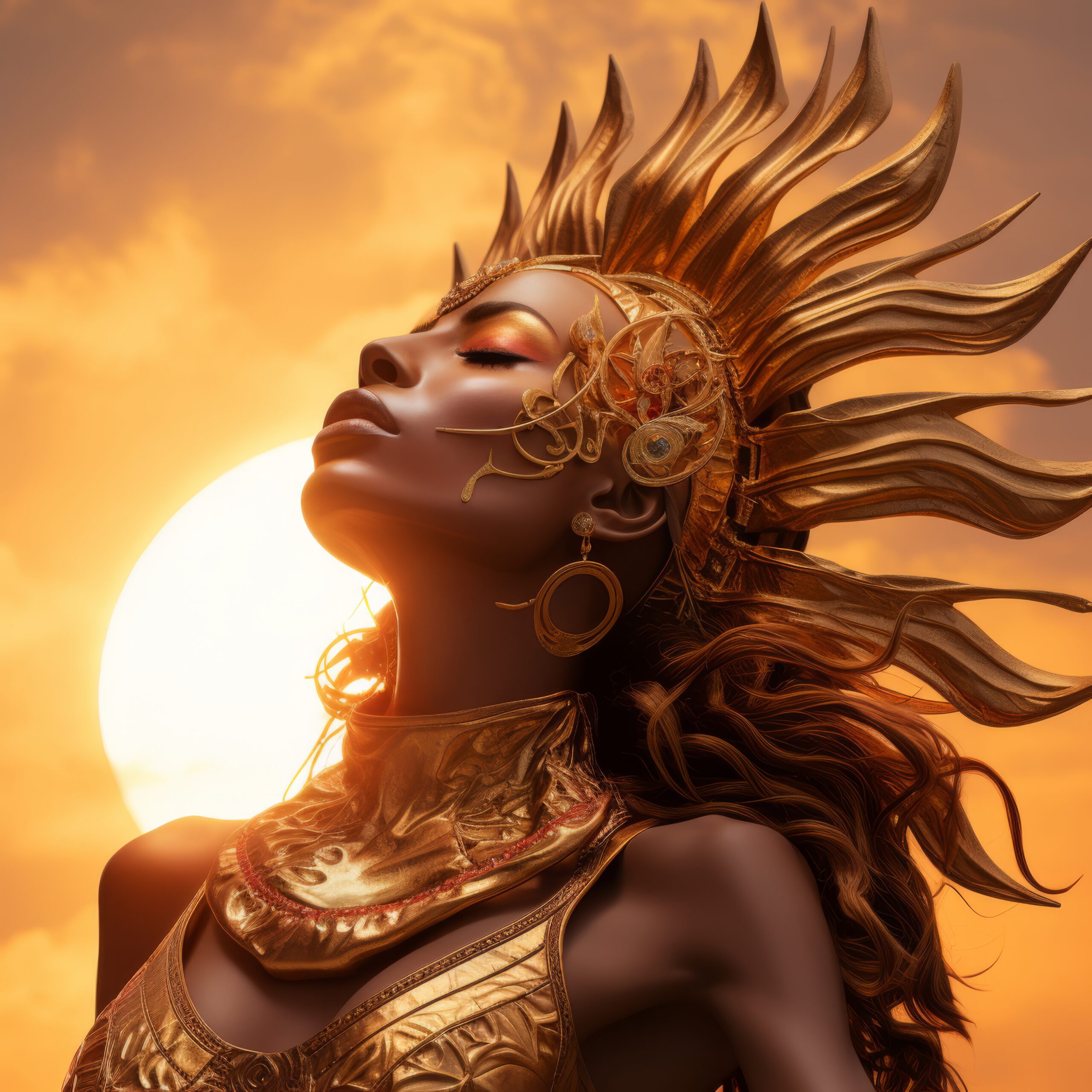
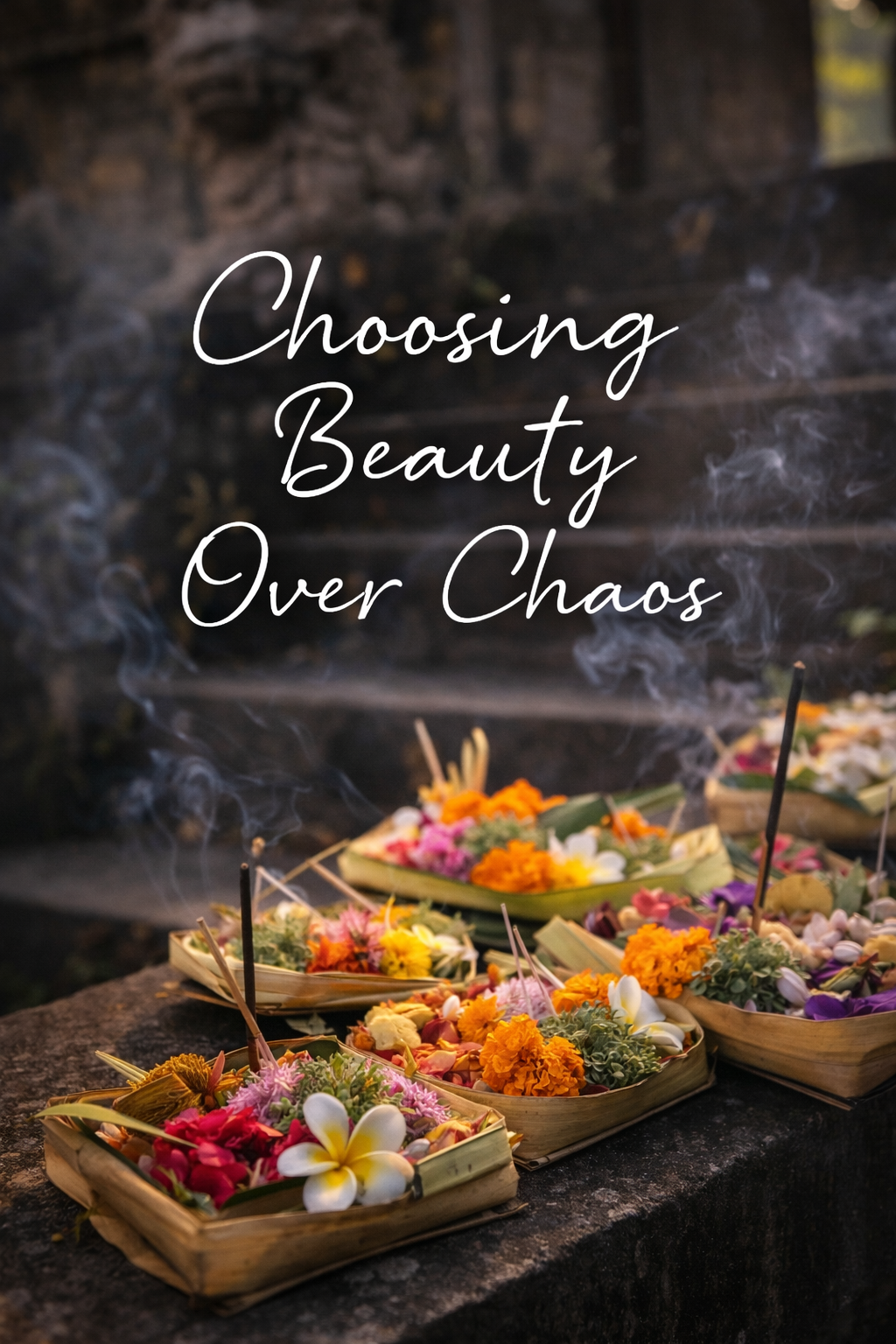
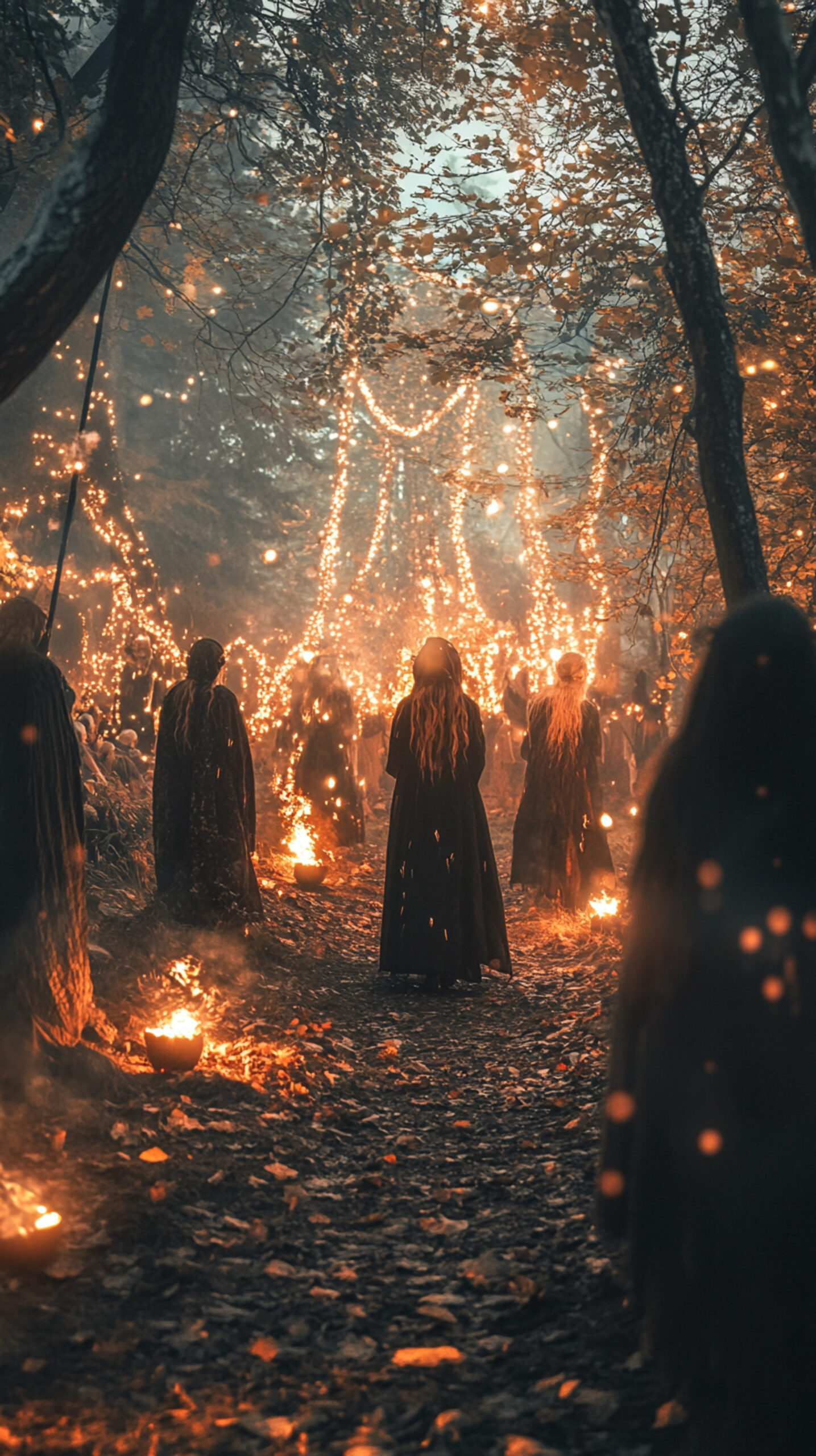
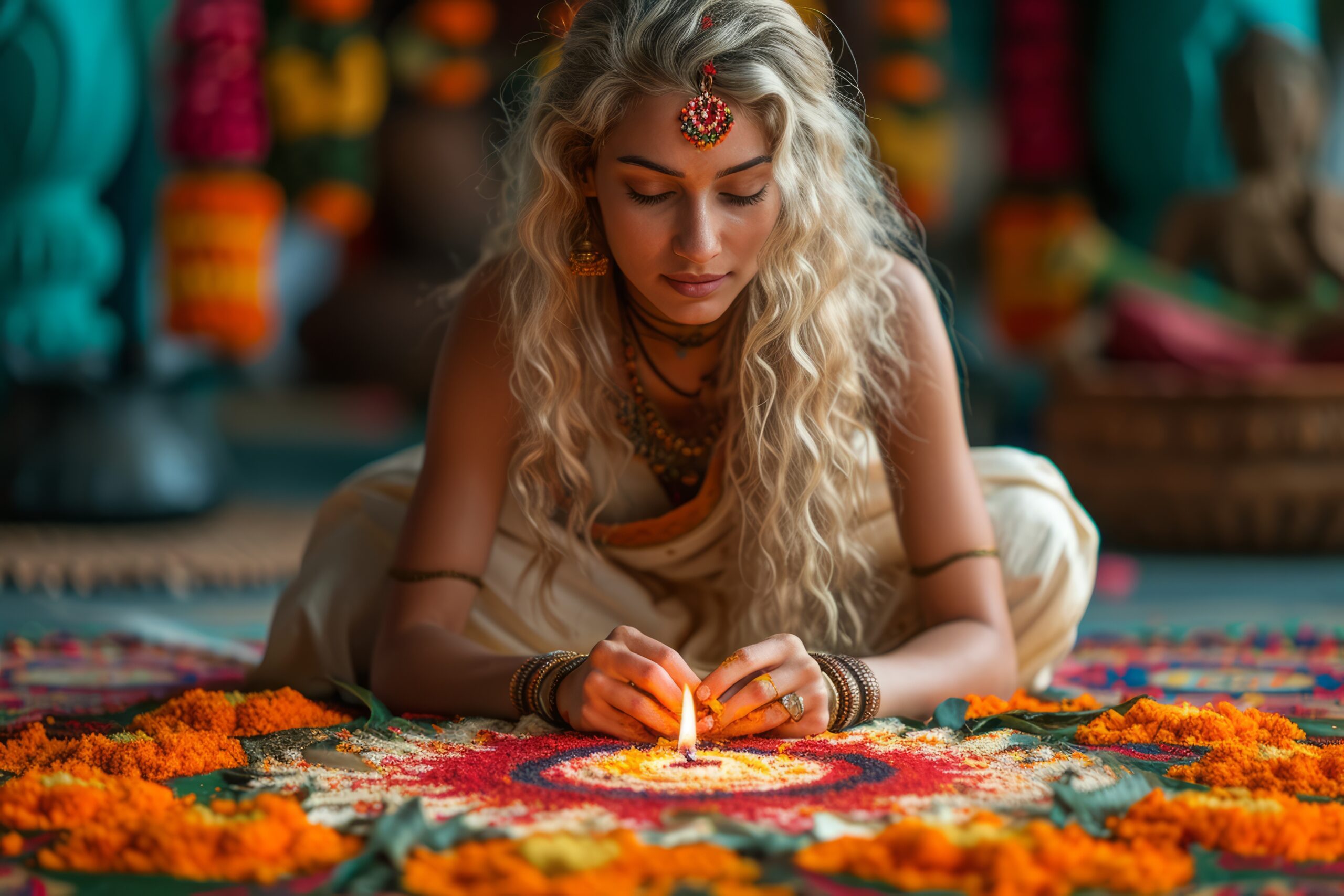

Share your reflection below... I’d love to hear how this transmission lands for you.
This reflection space is part of a living temple of dialogue, a place for insight, resonance, and respectful exchange. All comments are read with care and may be lovingly edited for clarity, formatting, or safety before publication. Please share from your heart, speak with kindness, and keep this space high in frequency. Promotional links, aggressive language, or off-topic content will be removed. Thank you for honoring the spirit of this sanctuary.